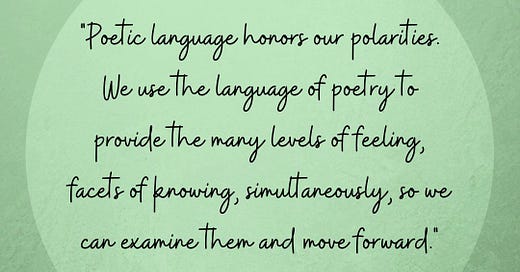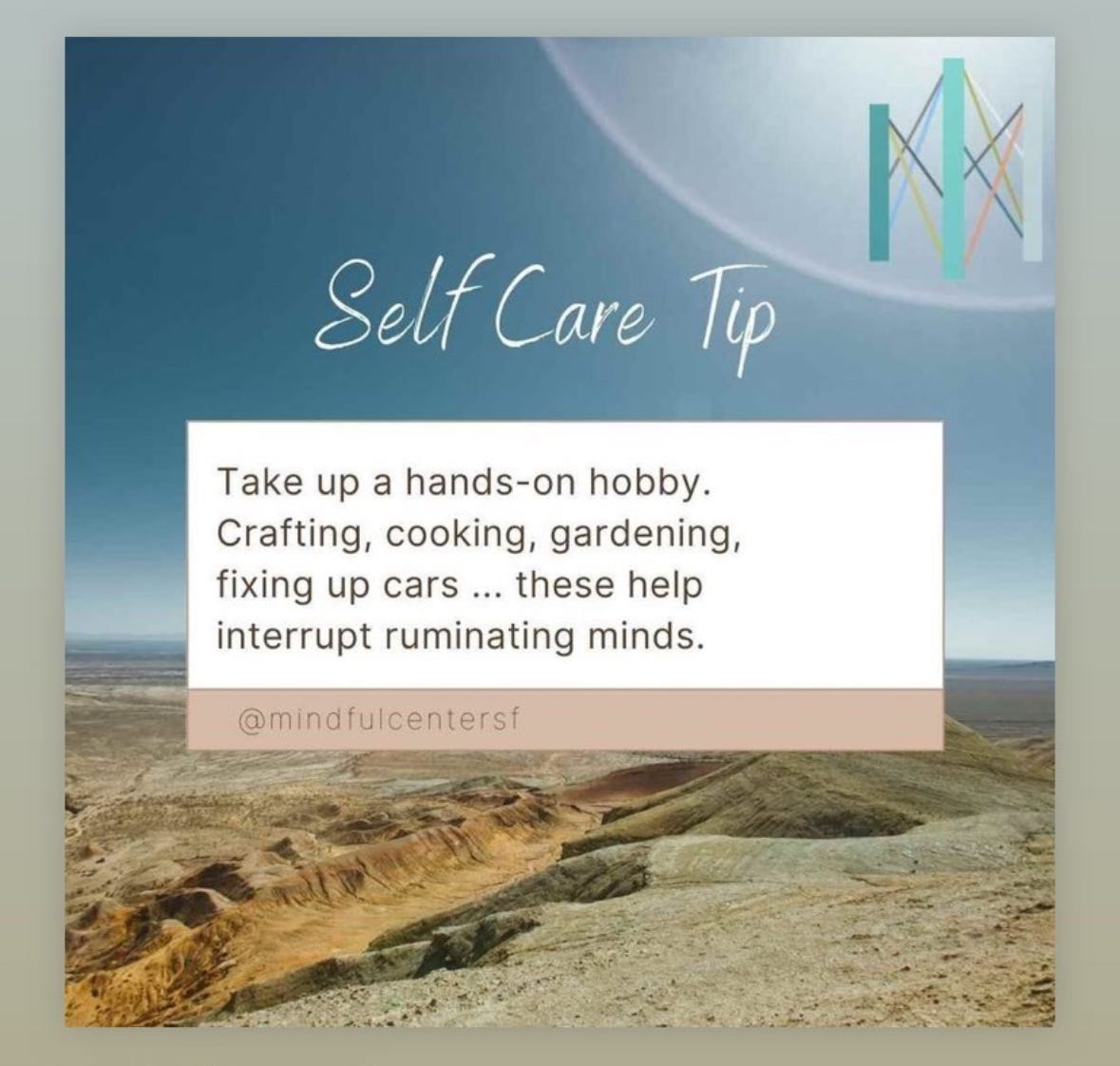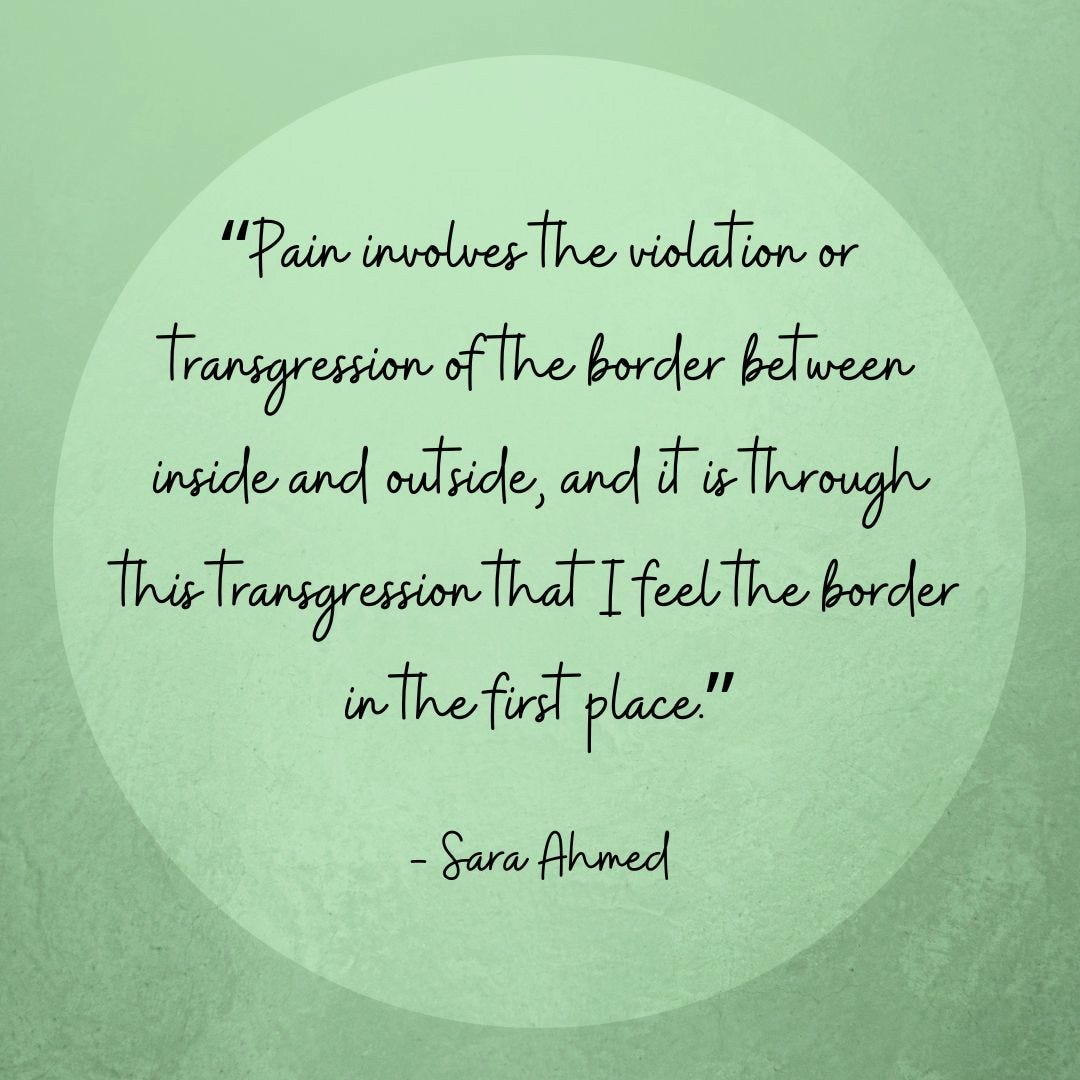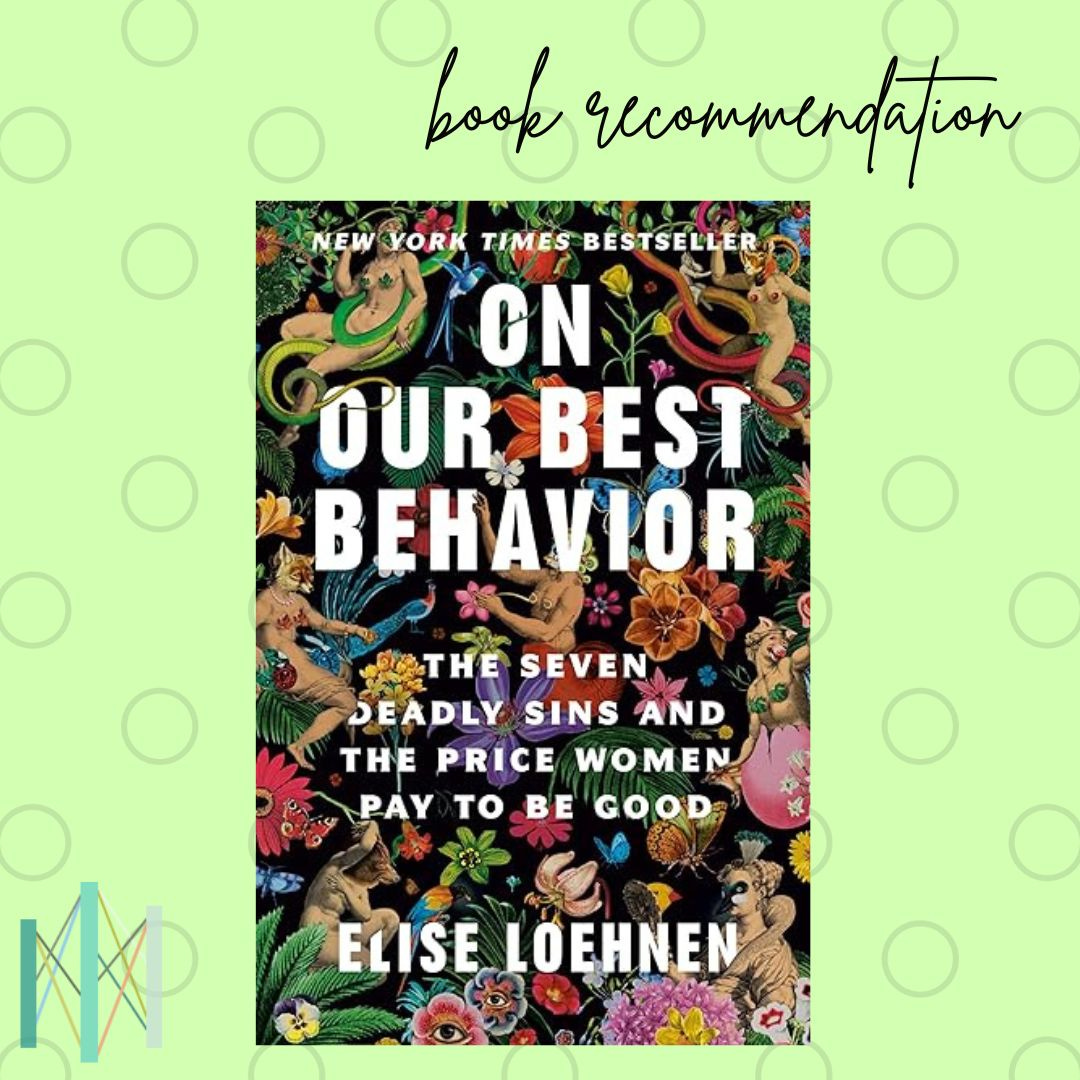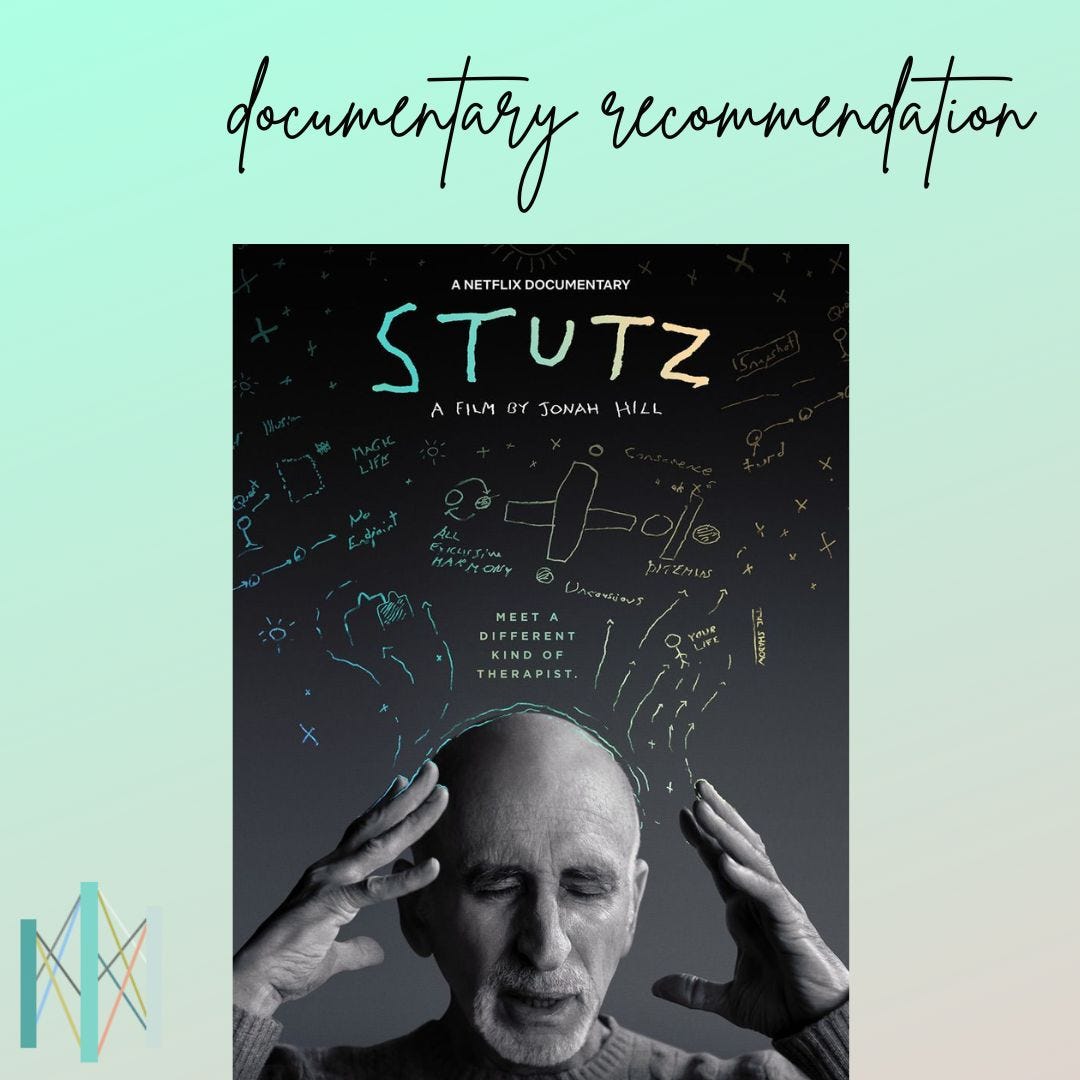Center for Mindful Psychotherapy, April Newsletter
Your monthly newsletter from our non-profit collective of over ~100 Associate Marriage and Family Therapists in the San Francisco Bay Area
Bringing You A Moment of Mindfulness
How are you feeling as we round the corner past mid-April and on towards May? Here in San Francisco, it’s rainy one day, but bright and sunny the next, something that moods and energy might mirror. You might find yourself enjoying the longer hours of daylight, feeling excited about what summer adventures lie ahead and eager to start new activities. Alternatively, you might find yourself restless, unsteady, and overwhelmed. Or you might feel something else entirely. Whatever you feel right now is okay.
We’re here this month to bring you some grounding thoughts related to therapy and wellness at this time of year. This week we share some thoughts on embracing our human complexity. One of our associate therapists shares a comprehensive two-part video with you titled “How to Get Out Of Your Own Way.” And we have a variety of links and recommendations that we hope will inspire you.
Before we dig in, though, here's a reminder to take just a moment to land here. You do not need to multi-task. You don't have to think about what's next. Be right here with these words on this page. Listen to your own heartbeat and feel your feet on the ground as you take in these ideas. We are happy to be here in this space with you.
Embracing Complexity: Beyond Polarities and Opening to Creativity in Therapy
The concept of polarities refers to the inherent dualities present within our human experience – light and darkness, joy and sorrow, strength and vulnerability. These polarities shape our understanding of ourselves and the world around us, often manifesting in complex emotions and conflicting beliefs. However, as we journey deeper into the complexities of the psyche, it becomes evident that humans are rarely composed of simple binary dualities. Instead, our emotional landscape is characterized by entire spectrums of experience, nuanced and multifaceted.
One of the key values of exploring polarities in therapy is learning to hold two seemingly opposing truths at once. This capacity for holding paradox allows us to navigate the inherent tensions and contradictions within ourselves and our experiences. By acknowledging and integrating these polarities, we cultivate resilience, flexibility, and a greater capacity for emotional regulation.
Beyond that, though, it's important to recognize that the human experience defies categorization into neat dichotomies. Emotions, thoughts, and behaviors exist along a continuum, shaped by a myriad of internal and external factors. In therapy, we honor this complexity by inviting individuals to explore the full spectrum of their emotional experience, from the depths of despair to the heights of joy. We strive to expand our understanding beyond simplistic binaries, embracing the richness and complexity of the human psyche.
Creative and poetic approaches to therapy provide a powerful means of navigating this spectrum of emotional experience. Through expressive arts, metaphor, and storytelling, individuals can access deeper layers of insight and meaning, transcending the limitations of language and logic. By embracing creativity, we tap into the innate wisdom of the unconscious mind, unlocking new pathways for healing and transformation.
Several types of therapy embrace such creative and poetic approaches to exploring polarities:
Gestalt Therapy: Gestalt therapy focuses on the here and now, emphasizing awareness of one's thoughts, feelings, and behaviors in the present moment. This approach often involves creative techniques such as role-playing, empty chair dialogue, and expressive arts to explore polarities and unresolved conflicts.
Narrative Therapy: Narrative therapy views individuals as the authors of their own stories, recognizing the power of language in shaping identity and perception. Therapists may use storytelling, metaphor, and poetic language to help clients reframe their narratives and explore alternative perspectives on their experiences.
Jungian Therapy: Rooted in the work of Carl Jung, analytical therapy explores the depths of the unconscious mind and the symbolism present in dreams, myths, and archetypes. Therapists may encourage clients to engage in creative activities such as dream journaling, sand play, and active imagination to access and integrate polarities within the psyche.
Expressive Art Therapy: This form of therapy utilizes various art forms such as painting, drawing, sculpting, and music to help individuals express and explore their emotions, thoughts, and experiences. By engaging in the creative process, clients can access deeper layers of understanding and insight into their inner world, allowing for healing and self-discovery.
Dance/Movement Therapy: Dance/movement therapy incorporates movement and expressive body movement as a way to explore and process emotions, thoughts, and memories. Through dance and movement, individuals can access unconscious material, release emotional tension, and integrate mind-body awareness, promoting holistic healing and well-being.
Drama Therapy: Drama therapy utilizes theatrical techniques such as role-playing, improvisation, and storytelling to help individuals explore and transform their inner conflicts and narratives. By embodying different roles and perspectives, clients can gain new insights into their experiences and develop greater empathy and self-awareness.
Mindfulness-Based Therapy: Mindfulness-based therapies, such as Mindfulness-Based Cognitive Therapy (MBCT) and Acceptance and Commitment Therapy (ACT), incorporate mindfulness practices to help individuals cultivate present-moment awareness and non-judgmental acceptance of their thoughts and emotions. By fostering a mindful attitude, clients can develop greater resilience and coping skills to navigate life's challenges with greater ease and clarity.
Each of these therapeutic approaches offers a unique and creative lens through which individuals can explore and integrate the complexities of their emotional experience. By embracing creativity and poetic language in therapy, we can unlock new pathways for healing, growth, and self-discovery, ultimately leading to a more fulfilling and authentic life. If you are interested in working with one of our therapists, you can use our therapy directory to find one who utilizes these therapeutic approaches.
How to Get Out Of Your Own Way: A 2-Part Video by Associate Therapist Jordana del Feld
We always appreciate when our associate therapists take the time to speak directly to you themselves, through blog posts or videos. This month, we have a two-part video from Jordana del Feld to share with you.
Jordana del Feld’s bio from our therapist directory reads:
In a life of conflict, we crave peace. In a world of alienation, we yearn for love. And in an era of disconnect, we long for understanding.
Fortunately therapy is here.
If you are an adult, couple, or kid who feels alone, misunderstood, angry, or afraid, I’m here to empower you to choose your own adventure. I bring supportive whole-human enquiry to our relationship, helping you reconnect with the courage of your heart, the curiosity of your mind, the wisdom of your body, and the expansiveness of your soul.
Together we create an unconditionally safe space for you to explore your grounding and your freedom, through empathetic conversation, through mindful creativity, and through embodied meditation.
We discover your journey together. We are curious and compassionate about your process. We are present for your challenges and for your joys.
Claim yesterday with compassion. Craft today with clarity. And create tomorrow with confidence.
Learn more about working with Jordana del Feld.
Embracing Complexity: An Intersectional Feminist Perspective on Pain and Boundaries
In the realm of psychology, understanding pain and boundary transgression is essential for holistic healing and empowerment. This quote by Sara Ahmed serves as a starting point for one way of looking at this complexity:
"Pain involves the violation or transgression of the border between inside and outside..."
These words resonate deeply, echoing the experiences of many marginalized individuals whose boundaries are continually breached by systems of oppression and discrimination. For them, pain is not just a sensation but a lived reality shaped by intersecting identities and societal power dynamics.
"...and it is through this transgression that I feel the border in the first place."
Here lies a profound truth – it is through experiencing pain, through feeling those boundaries violated, that we come to recognize the borders that define our sense of self and our place in the world. From an intersectional feminist lens, this recognition extends beyond individual experiences to encompass the collective struggles against injustice and inequality.
Intersectional feminist psychology challenges us to confront the ways in which systems of privilege and domination shape our experiences of pain and boundary transgression. It calls us to center the voices and experiences of marginalized communities in our understanding and approach to healing and empowerment.
As psychologists, therapists, and advocates, it is our duty to create spaces that validate and affirm the lived experiences of marginalized individuals. By acknowledging the complexities of pain and boundaries, we can work towards dismantling oppressive structures and fostering environments of inclusivity, justice, and liberation.
Learn about anti-oppresive therapy.
Recommendations
Here are this month’s recommendations:
In "On Our Best Behavior," journalist Elise Loehnen illuminates the hidden influence of the Seven Deadly Sins on women's lives, exposing how societal expectations intertwine with these ancient rules to perpetuate self-denial as a marker of virtue.
Through a blend of incisive cultural analysis and personal narrative, Loehnen explores how women internalize patriarchal norms and unwittingly reinforce them, from denying themselves rest due to the sin of sloth to suppressing appetites under the guise of avoiding gluttony.
By examining the history of these sins and their contemporary manifestations, she sheds light on the ways in which women are conditioned to prioritize others over themselves, perpetuating inequality and reinforcing the gender wealth gap.
However, Loehnen offers hope and a path forward by drawing on spiritual wisdom from various traditions, inviting readers to break free from these societal constraints and reclaim their integrity and wholeness.
“Three licensed therapists breakdown and analyze popular movies and characters from the perspectives of an individual, child, and a marriage and family therapist.”
This documentary offers a heartfelt exploration of the transformative power of therapy through the intimate relationship between actor Jonah Hill and his therapist Phil Stutz, revealing how their dynamic and Stutz's innovative approach to therapy can inspire viewers to find meaning and tools for living a more fulfilling life.
Music is the Medicine
This month’s music share:
Partial lyrics that might serve as a mantra:
I release anxiety
I release all fear
I am present always here
I am stable
I am secure; all my worries disappear
I radiate all of the light that’s inside of me
Important News From Around The Web
Washington Post: How flotation therapy may help your mental health
San Francisco Examiner: The City’s newest homelessness response team prioritizes mental health
Science Friday: Assessing The Global Mental Health Toll Of Climate Change
CSUF News: Psychology Scholar Discovers Passion for Mental Health Research — 10,000 Miles From Home
Scientific American: It’s Time to Act on Pilots’ Mental Health
American Psychological Association: APA alarmed by poor network access for mental health patients
The Wall Street Journal: America’s Mental Health Is Worsening. Special Urgent-Care Clinics Step In.

